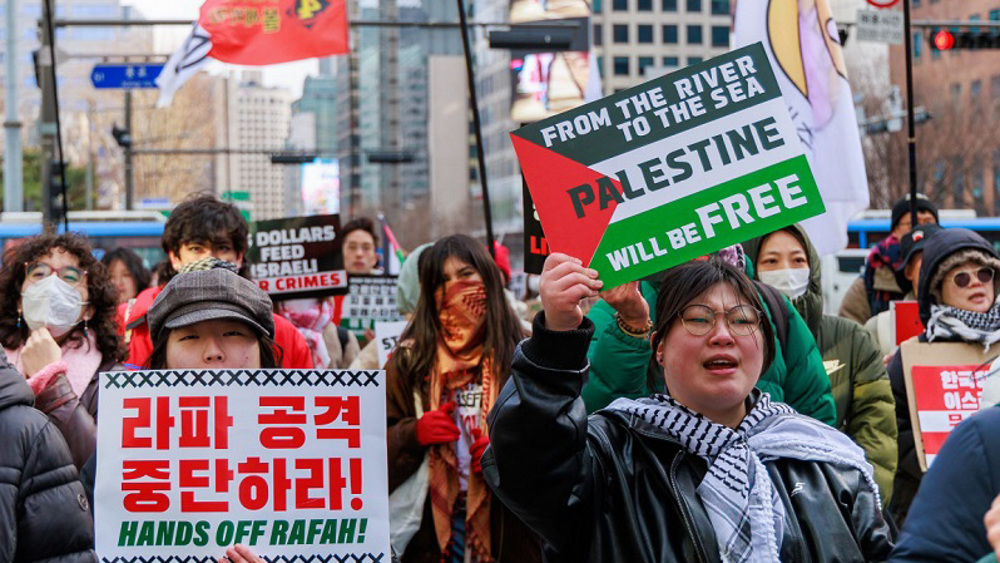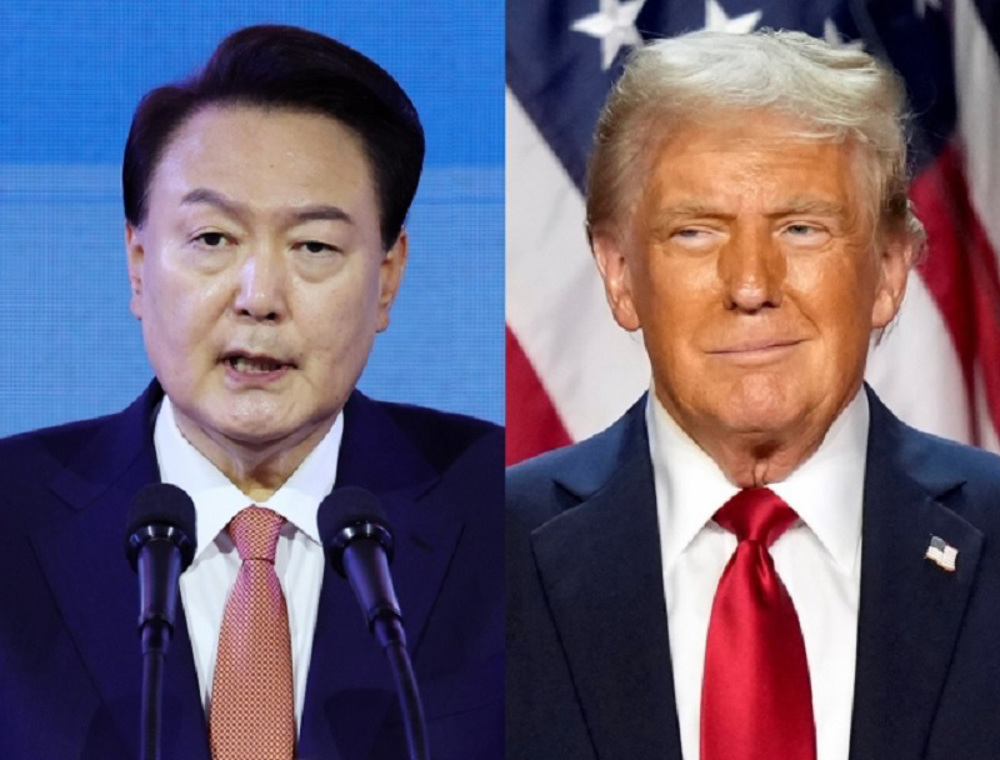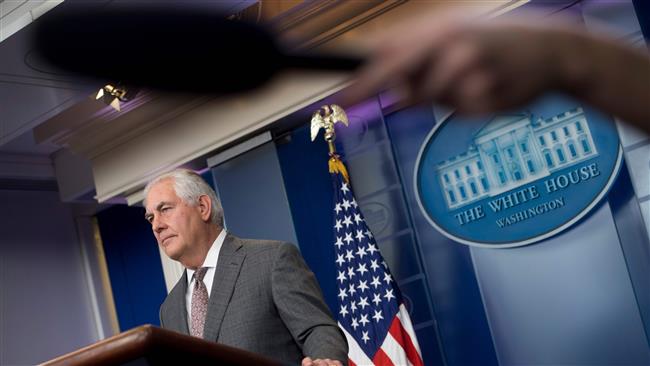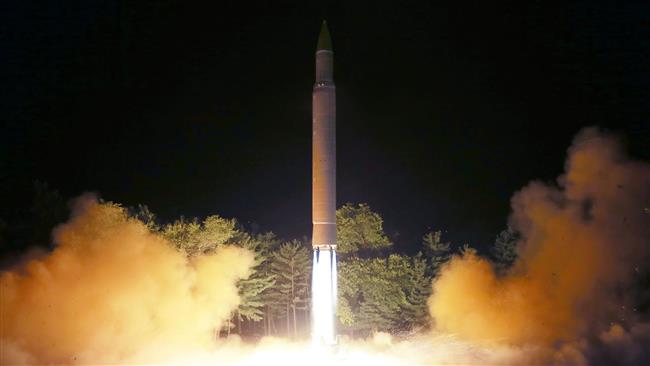North Korea, Cuba reject excessive US demands
Cuba and North Korea have jointly rejected the United States’ “unilateral and arbitrary” demands and expressed concern about escalating tensions on the Korean Peninsula.
Foreign Ministers Bruno Rodriguez of Cuba and Ri Yong-Ho of North Korea rejected the US’s excessive demands during a meeting in the Cuban capital of Havana on Wednesday, according to a statement released by the Cuban Foreign Ministry.
“They strongly rejected the unilateral and arbitrary lists and designations established by the US government which serve as a basis for the implementation of coercive measures, which are contrary to international law,” the statement said.
The top diplomats also called for “respect for peoples’ sovereignty” and “the peaceful settlement of disputes.”
According to Cuban media, Rodriguez said that Havana was “in favor of peace and stability” in the Korean Peninsula region. He added that “only after dialog and negotiations can a lasting political solution be achieved” for the dispute over North Korea’s weapons programs.
Ri, for his part, lambasted the US’s growing “use of imperialist military force” for the deteriorating situation on the peninsula, stressing the importance of North Korea’s ties with Cuba as “two socialism-building countries.” Pyongyang has had close political relations with Havana since 1960.
The US has been at odds with North Korea over Pyongyang’s missile and nuclear program. The North in September conducted its sixth and most powerful nuclear test involving a hydrogen bomb.
North Korea has remained defiant in face of pressure and sanctions aimed at stopping its weapons programs, saying it needs to develop its missiles and nuclear weapons as a deterrent against hostility by the US and its regional allies.
Pyongyang is concerned by the US’s permanent and heavy military presence in the region, including in the form of annual war games with South Korea. Thousands of US soldiers are currently stationed in South Korea and Japan.
Cuba, too, has had cool relations with the US since Donald Trump rose to presidency in America.
Diplomat discourages recourse to pressure, intimidation, confrontation against Iran
UN: 2024 deadliest year for aid workers amid genocide in Gaza
Gaza health official warns of hospital shutdowns within 48 hours
Israel kills 5 more paramedics in southern Lebanon: Health ministry
Iran to launch ‘new, advanced’ centrifuges in response to IAEA resolution: AEOI
Yemen fires hypersonic missile at Israeli airbase
VIDEO | New Delhi chokes under toxic smog as air quality remains at hazardous levels
VIDEO | Press TV's news headlines













 This makes it easy to access the Press TV website
This makes it easy to access the Press TV website